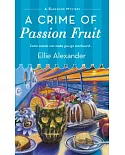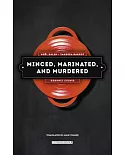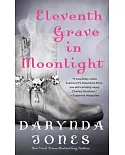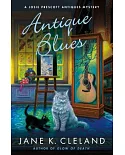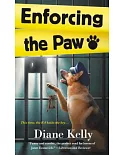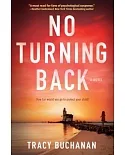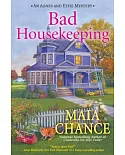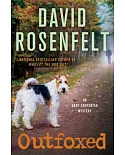��t was surprising what old experiences remembered could do to a presumably educated, civilized man.��And Hugh Denismore, a young doctor driving his mother�� Cadillac from Los Angeles to
Phoenix, is eminently educated and civilized. He is privileged, would seem to have the world at his feet, even. Then why does the sight of a few redneck teenagers disconcert him? Why is he
reluctant to pick up a disheveled girl hitchhiking along the desert highway? And why is he the first person the police suspect when she is found dead in Arizona a few days later?
Dorothy B. Hughes ranks with Raymond Chandler and Patricia Highsmith as a master of mid-century noir. In books like In a Lonely Place and Ride the Pink Horse she exposed a
seething discontent underneath the veneer of twentieth-century prosperity. With The Expendable Man, first published in 1963, Hughes upends the conventions of the wrong-man narrative to
deliver a story that engages readers even as it implicates them in the greatest of all American crimes.


